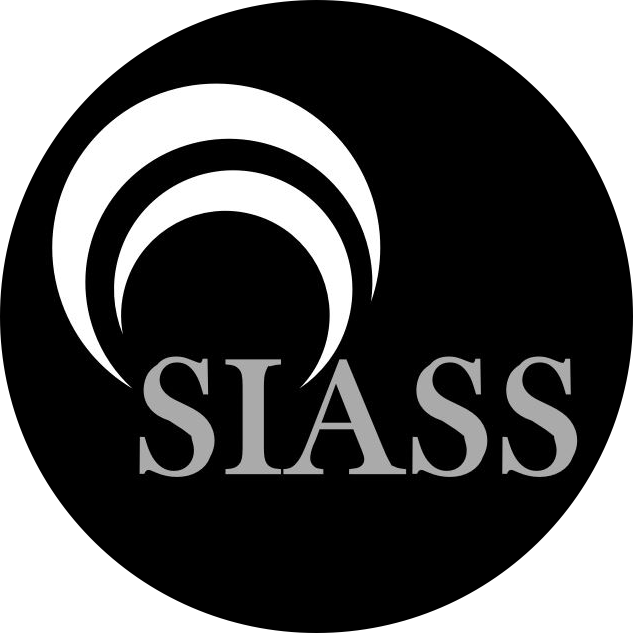Private Investigator Skill Set
- SIASS

- Oct 5, 2023
- 3 min read
Updated: Nov 14, 2023
What are the essential private investigator skills, that are required to deliver a professional, discreet and lawful service to clients? We often discuss internally at SIASS the main attributes that we believe a private investigator requires in order to offer the level of service we demand. Over the course of our work, we've encountered, hired and dismissed investigators, which has led us to identify some key attributes necessary to become a SIASS operator.

5 Key Investigator Attributes We Insist On
Whilst obviously, there is a requirement for our private investigators to be experienced operators with a wealth of surveillance, counter surveillance and covert investigation skills and experience. We feel that there are 5 key attributes, which combine to ensure a professional and effective service is consistently delivered.
1. Problem Solving Aptitude
We believe that all SIASS investigators must have an innate problem solving aptitude. They must be hungry to find solutions to resolve problems. When faced with whatever scenario or difficulties they must be able to view the situation and identify various ways to remove blockages and find resolutions. SIASS investigators never say "it can't be done". Every single problem has a solution. Finding the solution that meets the end results required, the time scales involved and the budgetary constraints is essential.
2. Interpersonal Communication Skills
Effective communication and social interaction skills are an essential part of the role of all private investigators. Obtaining information, recording observations, compiling reports and evidence packages all require communication skills. For example, an effective surveillance operator who is unable to professionally communicate the results of their operation is a hinderance to any investigation. At SIASS we insist that all of our investigators have communication and social skills that ensure they can effectively conduct, report, evidence and discuss details of their assignments. All of our operators must evidence that they can communicate effectively with a broad spectrum of clients, witnesses, other investigators, legal professionals and media reporters. Quality investigations can be brought into disrepute very easily by poor communication and interactions.
3. Ethical Integrity
Something we have highlighted previously is the problem in our industry of unethical private investigators. Every UK private investigation agency should have a code of conduct for their operators to adhere to. If you are seeking the services of a private investigator, ask to see it! A private investigative professional understands the legal constraints and limitations of their area of work. There are some requests that all private investigators will receive from a client that must be refused. A private investigator who is willing to break the law to obtain information is risking both their own reputation and that of their client, and also placing themselves and their client at risk of legal action.
4. Client Focussed Approach
A private investigator that does not place the needs and requirements of their client at the heart of any investigative strategy is negligent. Empathy and understanding for the circumstances and perspective of their client is essential. Any private investigator whom fails to consider their client's perspective when designing and providing investigative solutions is, in our opinion negligent. Being client focussed and empathic to the client perspective, does not mean that ethical integrity can be compromised, of course! All SIASS investigators are trained to place the client's needs, views and situation in the centre of their investigations.
5. Observation Skills
An effective private investigator requires enhanced observation skills. SIASS investigators notice things! Our investigators have an aptitude for noticing anomalies, recalling details and identifying patterns. We find that the best investigators are always attuned to their environments, always attentive and always aware. Observation skills can be taught, they can be enhanced and improved. Agencies that recognise the importance of observation skills will ensure their personnel are supported to exercise and enhance this essential skill set.



Comments